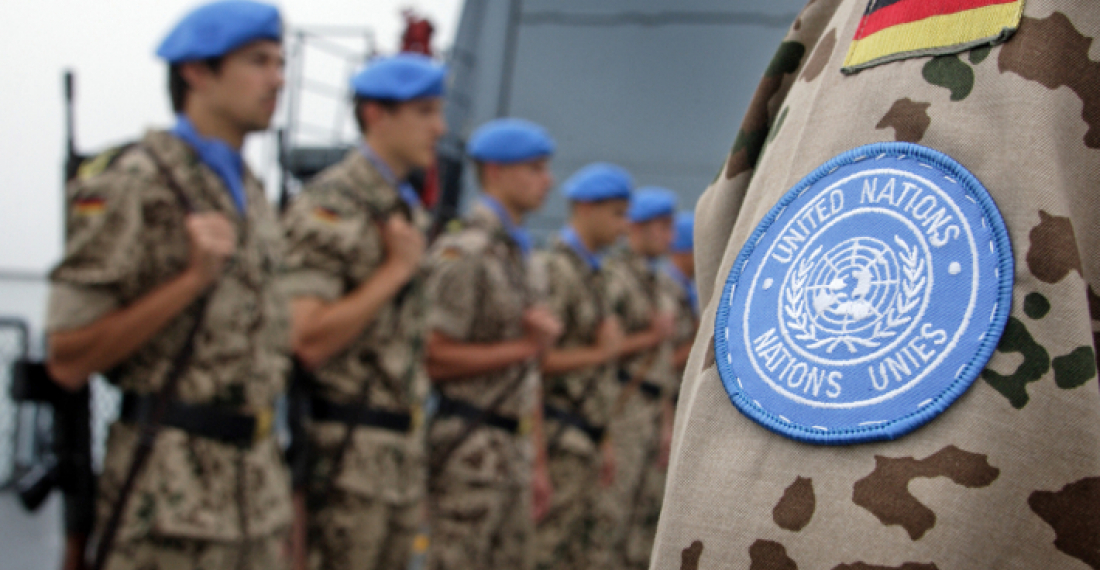On Friday (25 June), 13 UN peacekeepers – 12 Germans and one Belgian – were wounded in a car bomb attack in north-eastern Mali, the UN mission MINUSMA wrote on Twitter, while Mali's army reported at least six of its soldiers were killed in a separate attack in the centre of the country.
The attack in the north-east targeted a temporary base set up by the peacekeepers to secure a towing operation of a mission vehicle near the village of Ichagara in the Gao region, where Islamist insurgents linked to Al Qaeda and Islamic State are active.
A MINUSMA spokesperson revised the number of wounded downward, announcing earlier that 15 peacekeepers had been injured and evacuated.
Germany's defence minister, Annegret Kramp-Karrenbauer, said in a statement that three of the German soldiers were severely wounded. Two of them are in a stable condition whilst the third is still in surgery, she added.
The attack was condemned by Paris and Berlin. The German foreign minister, Heiko Maas, said the "vile attack once again underscores how important it is that we stand up against terrorists". France also condemned the attack, whilst reaffirming "its full support for MINUSMA, which plays an essential role in the stabilisation of Mali" and "welcomes the commitment of the countries which contribute to it", stated the French ministry of foreign affairs.
Also on 25 June, at least six Malian soldiers were killed and one wounded in a separate attack in Boni in the neighbouring region of Mopti, the Malian army said in a statement.
These strikes come just days after a 21 June car bomb attack on the French forces of Operation Barkhane whilst on a reconnaissance patrol in the central Malian town of Gossi, which injured six soldiers and four civilians.







